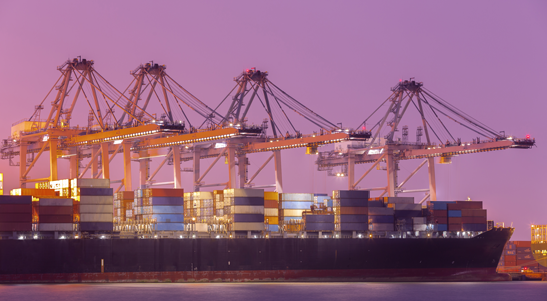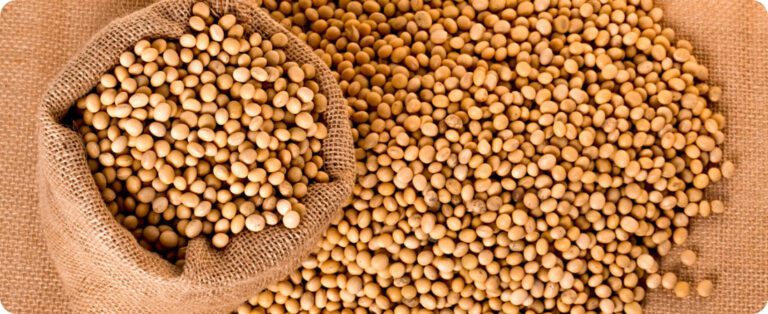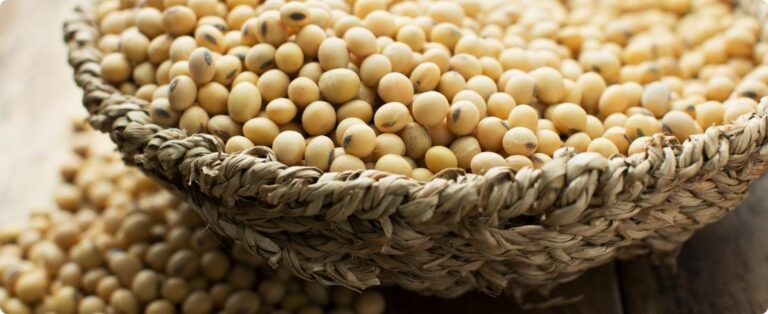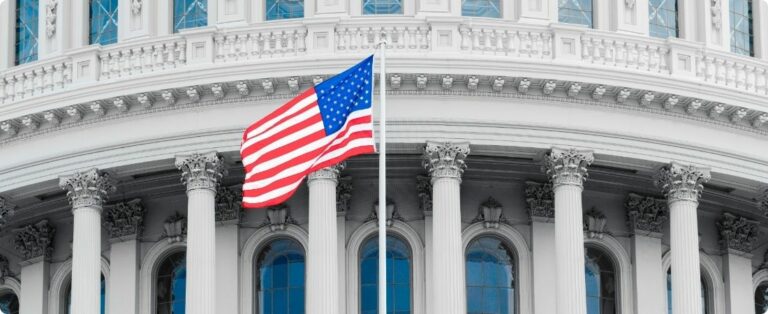
Image: Pixabay
The Ministry of Economy is considering extending drawback licenses for exporting companies for another year. The measure removes or suspends taxes on raw materials or inputs used to manufacture products that will be sold abroad.
In a note, the ministry reported that the restriction of trade flows resulting from the pandemic, which causes a global shortage of items such as chips and certain types of metals, has hampered drawback operations. The problem mainly affects companies whose benefit ends in 2021. If it comes to fruition, it will be the second postponement. In 2020, authorizations had been extended until the end of this year.
{module Form RD}
“Due to the continuity of the Covid-19 pandemic and the consequent setbacks imposed by it in carrying out operations linked to the drawback suspension and exemption regimes, the ongoing assessment at the Ministry of Economy also involves the extension of deadlines relating to concessionary acts whose validity has been extended based on Provisional Measure No. 960, of April 30, 2020, later converted into Law No. 14,060, of September 23 of the same year”, informed the ministry.
If the measure is not extended, Brazilian industrialists will have to pay R$ 1.2 billion in additional taxes this year. This exemption reached 20% of Brazilian exports in 2020, a total of US$ 42 billion. When the study is completed, the extension request will be analyzed by other levels of the federal government.
Drawback was created in 1966, to stimulate Brazilian exports. This incentive complies with international trade standards because current rules stipulate that no country can export taxes, even those included in the final price of goods.
In drawback exemption, the exporter receives definitive exemption from the raw materials and inputs used in the manufacture of the merchandise to be exported. In drawback suspension, taxes are suspended only if the good is sold abroad. If the item is not exported, taxes will apply to raw materials and inputs.
By: Eliza Maliszewski | agrolink















